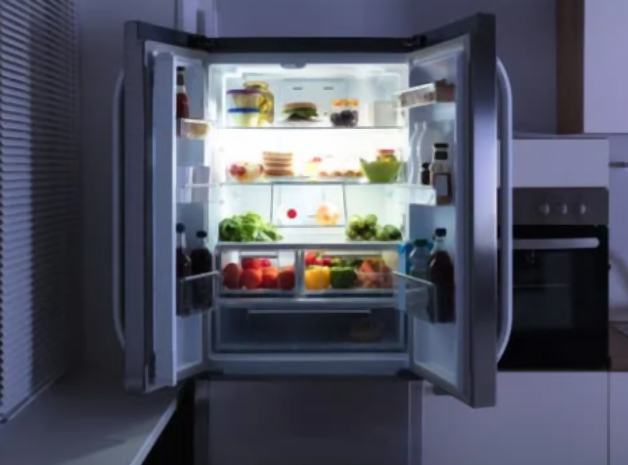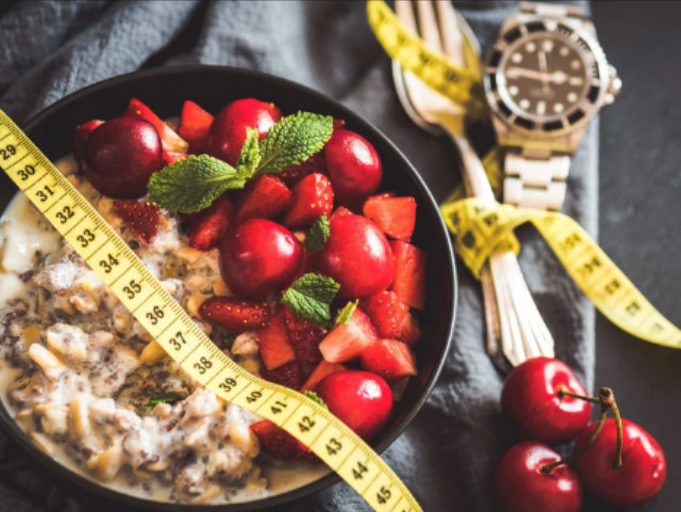
The clock strikes 3:00 AM. You’re wide awake.
Not because of stress. Not because of noise. But because something you ate hours ago is now sabotaging your sleep.
It’s a frustrating pattern many people experience but don’t understand. They follow all the right sleep tips: dark room, no screens, calming routine yet still wake up in the middle of the night, staring at the ceiling.
The culprit? A certain “sleep-friendly” snack that gets recommended all over wellness blogs. One that seems helpful at first, but may actually be triggering the very problem it promises to solve.
Why This Snack Feels So Misleading
This particular food is often praised for promoting drowsiness. And technically, it can help you fall asleep faster. It triggers a blood sugar spike that leads to a quick drop in energy, lulling you into sleep.
But here’s the problem: that same blood sugar spike sets off a chain reaction.
A few hours after falling asleep, blood glucose crashes. In response, the body releases cortisol and adrenaline to stabilize it, hormones that are meant to wake you up and get you moving. Not exactly what you want in the middle of the night.
Many people don’t realize this is happening. They blame stress, hormones, or age. But the pattern is consistent: late-night snacks that spike blood sugar can fragment your sleep.
It’s not coffee. It’s not chocolate. It’s not anything with caffeine.
It’s something far more common. Something sweet, often dairy-based, and frequently recommended for sleep. Think of snacks like yogurt with honey, a warm glass of milk, or even a banana with peanut butter.
While they might seem harmless… or even comforting, these foods can spike blood sugar just before bed. A few hours later, when that spike crashes, the body releases stress hormones like cortisol and adrenaline. These hormones are meant to wake you up and get you moving, which is the last thing you want in the middle of the night.
This disruption prevents you from reaching the deeper, more restorative stages of sleep. As a result, you wake up groggy, irritable, and more likely to crave sugar again the next day. The cycle continues, quietly chipping away at your energy, focus, and overall well-being.
Choosing the right bedtime snack is less about what helps you fall asleep and more about what helps you stay asleep. A better option is something that digests slowly and supports steady blood sugar throughout the night.
Here’s what to look for:
A well-chosen snack can calm the nervous system, reduce nighttime awakenings, and help the body maintain a consistent sleep rhythm.
Sleep is one of the most powerful levers we have for health. But quality sleep isn’t just about how fast we fall asleep, it’s about how well we stay asleep.
If you’ve been waking up at the same time every night and wondering why, it might be time to revisit your evening routine. Especially what’s on your plate.
One small shift can make the difference between tossing and turning at 3 AM and waking up truly rested.

